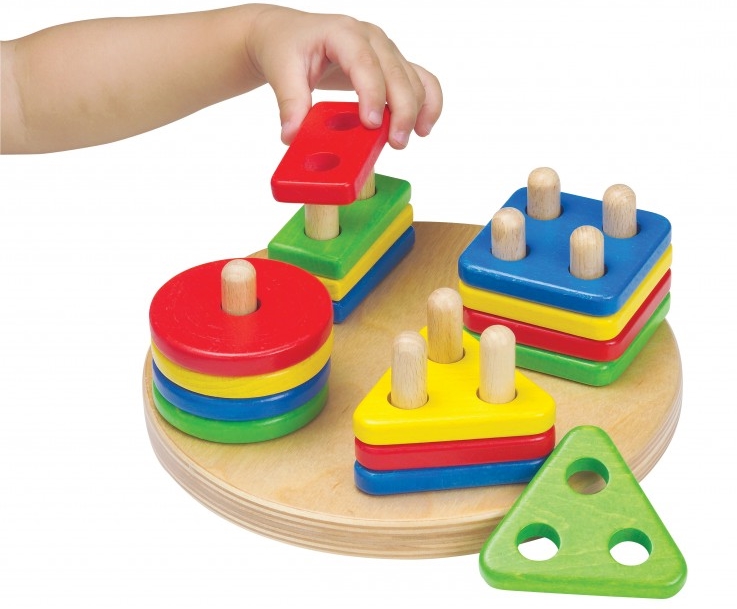Your shopping cart is empty!
Puzzles are fun for all ages. They occupy the minds of young children and adults alike. Not only are they fun, but they are also a great learning tool. They provide children with the chance to develop lots of skills, so no wonder they like them so much! Here are our 5 fantastic reasons why puzzles help children learn.
Problem Solving
A puzzle piece will only fit in one way. Children will need to manipulate each piece, turning it and testing to see if it fits. This is a fantastic way for them to learn problem solving skills and develop their critical thinking.
Fine Motor Skills
Picking up and placing puzzle pieces allows children to work on their fine motor skills. Fine motor skills require small specialised movements. Picking up and grasping puzzle pieces – that often have little knobs or pegs to hold onto – really help children work on things like their pincer grip, and manipulation of objects.
Hand Eye Coordination
When children work on a puzzle, they are recognising the connection between their hand and their eyes. The eyes will see the puzzle and send a message to the brain. The brain will recognise which piece is needed and communicate that information to the hands. The brain, eyes and hands then work together to find the piece, pick it up and insert it into the correct place.
Cognitive Skills
Puzzles for children are full of bright colours and familiar objects. Often for young children they will include numbers, the alphabet, shapes, foods or animals. Having these familiar objects in front of them will develop a deeper understanding of these topics. Puzzles can be a medium for grasping concepts like the order the letters appear in the alphabet, or which numbers are smaller than others. This works on their math and language skills while they play.

Social Skills
While puzzles are great for independent play, they are also fantastic for cooperative play. As they work on the puzzle together, it will encourage conversation. They will also be learning about sharing and taking turns. They will develop a plan for how they will tackle the puzzle, and work together to solve any issues that arise.
Self Esteem
When a child sits down to a puzzle, they will set themselves a goal to complete it. The accomplishment of completing the goal brings them such a sense of satisfaction. Before they can complete the puzzle, there will be challenges to overcome. Conquering these challenges will give them a sense of pride and achievement. It builds self-confidence in their own abilities which sets them up for greater challenges as they grow older.
As you can see, puzzles are a fantastic learning tool for children. If you would like to grow your puzzle collection, then check out our selection here.
Puzzles help children learn in such a fun way, make the most of the opportunity with your kids!
Leave a Comment